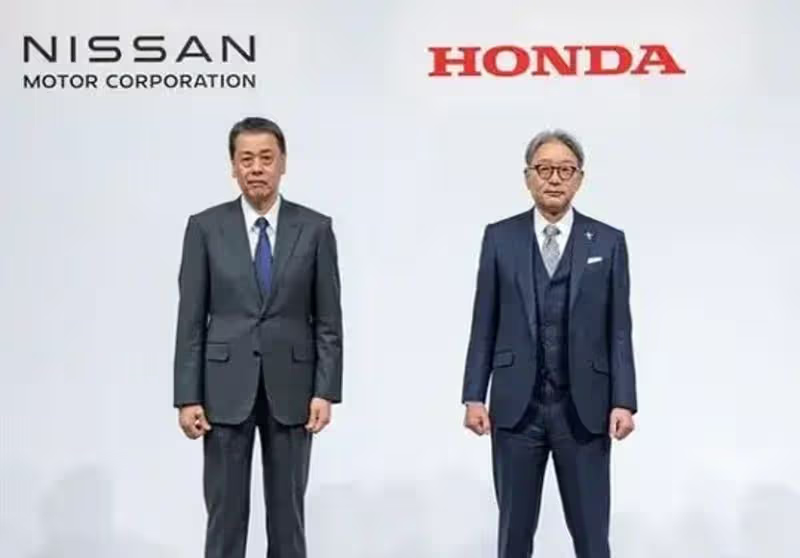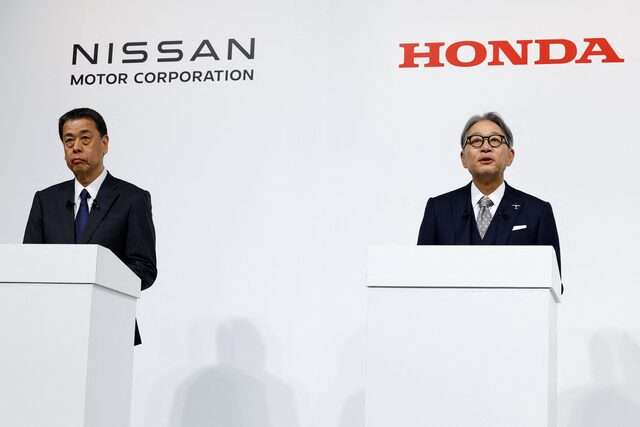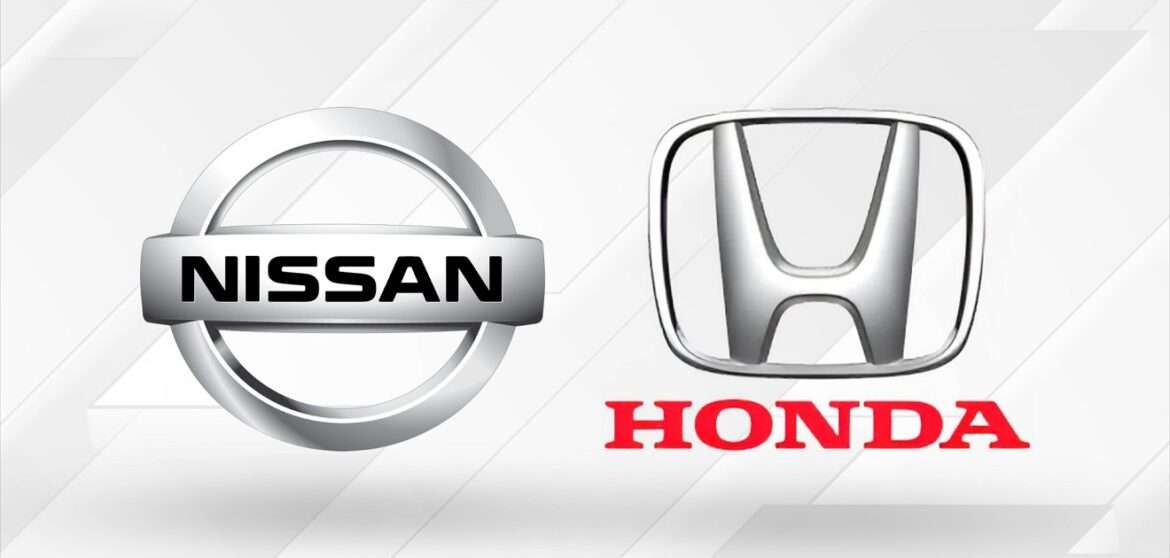Nissan Ends Merger Talks with Honda, Eyes New Strategic Partner
In a significant shift within the automotive industry, Nissan Motor Co. has officially terminated merger discussions with Honda Motor Co., redirecting its focus toward securing a new strategic partner. This decision underscores Nissan’s commitment to maintaining its autonomy while seeking collaborations that align with its strategic objectives.
Breakdown of Nissan-Honda Merger Discussions
The merger talks between Nissan and Honda commenced in December 2024, aiming to create one of the world’s largest automotive conglomerates. However, fundamental disagreements, particularly Honda’s proposal for Nissan to become a subsidiary, led to the collapse of these discussions.
Nissan expressed concerns over preserving its autonomy and brand identity, pivotal factors in the decision to terminate the talks. Both companies have since confirmed the cessation of negotiations, emphasizing their commitment to pursuing independent strategic paths.
Financial Implications for Nissan
The announcement of the terminated merger talks immediately impacted Nissan’s financial standing. Following reports of potential new partnerships, Nissan’s stock experienced a notable surge, rising by 8.4% in Tokyo trading. This positive market reaction reflects investor confidence in Nissan’s decision to explore alternative alliances.
Despite this uptick, Nissan continues to face significant financial challenges. The company has reported a substantial 94% drop in net income for the first half of the fiscal year. The company also saw an 85% drop in operating profit and a decrease in global manufacturing capacity by 20%. These steps are part of a broader strategy to stabilize the company’s financial health and enhance operational efficiency.

Exploration of New Partnerships
In the wake of the dissolved merger talks, Nissan is actively seeking new strategic partnerships, particularly with technology-focused companies. One prominent initiative involves a consortium of high-level Japanese officials, including former Prime Minister Yoshihide Suga and ex-Tesla board member Hiromichi Mizuno, who are courting Tesla to invest in Nissan.
This proposal suggests that Tesla could acquire Nissan’s U.S. manufacturing plants, thereby enhancing its domestic production capabilities. However, Tesla CEO Elon Musk has downplayed interest in traditional manufacturing assets, focusing instead on advancements in autonomous driving and robotics.
Simultaneously, Foxconn, a major Taiwanese electronics manufacturer, has expressed interest in investing in Nissan to expand its electric vehicle (EV) business. While this partnership could provide Nissan with valuable technological expertise, there are concerns regarding Foxconn’s close ties to China and the potential influence this could entail.
Additionally, Renault, which holds a 36% stake in Nissan, has indicated openness to selling part of its shares, a move that could significantly impact Nissan’s future alliances and strategic direction.

Strategic Considerations Moving Forward
As Nissan navigates this transitional period, several strategic considerations are important:
- Evaluating Potential Partners: Nissan must assess potential partners based on technological compatibility, market reach, and the ability to preserve Nissan’s brand autonomy. Collaborations with technology firms could accelerate innovation, particularly in the EV sector.
- Impact on Global Operations: New partnerships could reshape Nissan’s presence in key markets, influencing manufacturing strategies and supply chain dynamics. Aligning with partners possessing strong technological capabilities could enhance Nissan’s competitiveness globally.
- Long-Term Vision: Nissan aims to revitalize its brand by focusing on innovation in electric and autonomous vehicles. Strategic alliances should align with this vision, facilitating the development of cutting-edge technologies and sustainable growth.
Conclusion
The termination of merger talks with Honda marks a pivotal moment for Nissan, highlighting its resolve to maintain independence while seeking strategic collaborations. By exploring partnerships with technology-driven companies, Nissan aspires to navigate current challenges, enhance its financial stability, and position itself at the forefront of automotive innovation.

